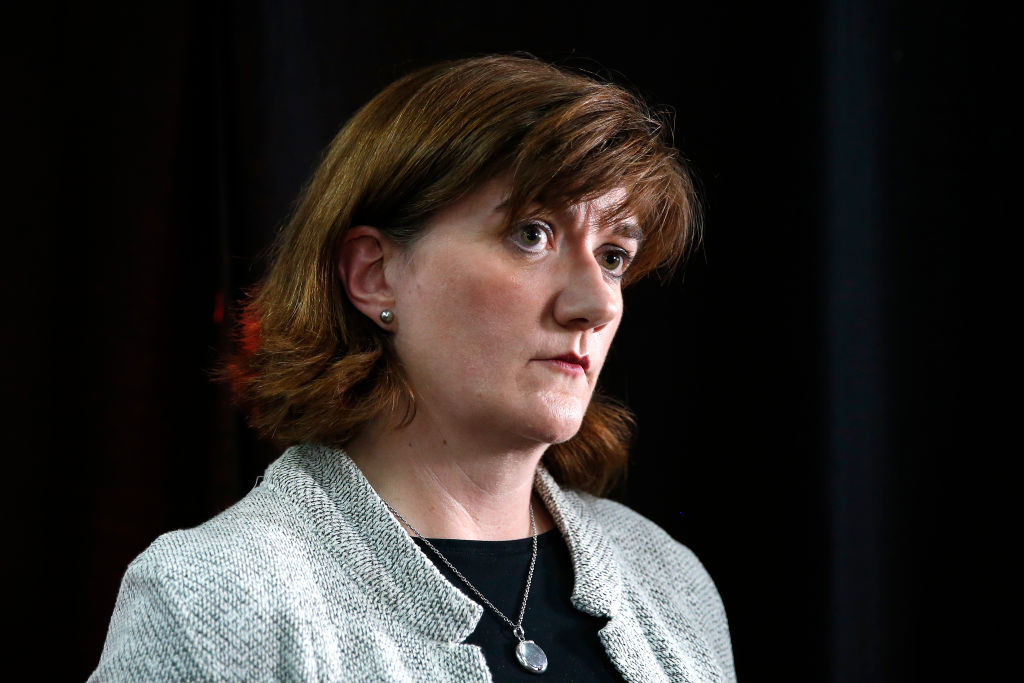Election 2019: Record number of female MPs will enter Parliament

As always on the morning after the election night before, the nation will today be split into two camps. Exultant Boris Johnson supporters will be rubbing their hands together as they look forward to “getting Brexit done,” while Labour voters will be crying into their cornflakes.
But whatever tribe you belong to, the news that a record 220 female MPs will take seats in parliament after the election is a reason to be cheerful.
The proportion of female MPs now stands at 34 per cent, the highest percentage ever in the traditionally male-dominated corridors of power.
Read more: Jeremy Corbyn to quit as Labour leader: Who will replace him?
However, as the dust settles, the split of women MPs across party lines comes into sharp focus: more than half the Labour party will now be represented by women, compared to just a quarter of Conservatives.
Meanwhile, the Liberal Democrats can now boast the highest proportion of female MPs, with 64 per cent of the parliamentary party now women (but disclaimer: there are only seven of them).
And while other parts of the country did not perform as well, London enters the new electoral cycle with 49 per cent female representation.
The news comes despite a number of well-known female MPs, such as Liberal Democrat leader Jo Swinson, ex-Conservative rebel Anna Soubry and Labour rising star Laura Pidcock – all losing their seats.
Read more: Election 2019: Who are the big MP casualties?

Moreover, a number of women MPs quit in the run-up to the election, with several citing abuse and intimidation as reasons for stepping down. During one week in October, six female politicians resigned – and their moves followed on from the murder of Labour MP Jo Cox in 2016. Nicky Morgan, Heidi Allen and Caroline Spelman are among those leaving the House.
But newly crowned female candidates have more than made up for their departures: Swinson was replaced by Amy Callaghan of the SNP, while Dawn Butler of Labour and Wera Hobhouse of the Liberal Democrats were two female MPs to hold onto their seats.
Meanwhile, there is already speculation that the next Labour leader could be a woman too – after Jeremy Corbyn said he would step down before the next General Election. Jess Philips, Emily Thornberry, Angela Rayner and Rebecca Long-Bailey have all been tipped as his successor.
Read more: Boris Johnson’s Conservatives win huge election majority
If a woman wins that contest – which will also likely be fought by shadow Brexit secretary Kier Starmer – she would become the first female leader in the history of the party.
If last night’s result is anything to go by, perhaps that is just what Labour needs.